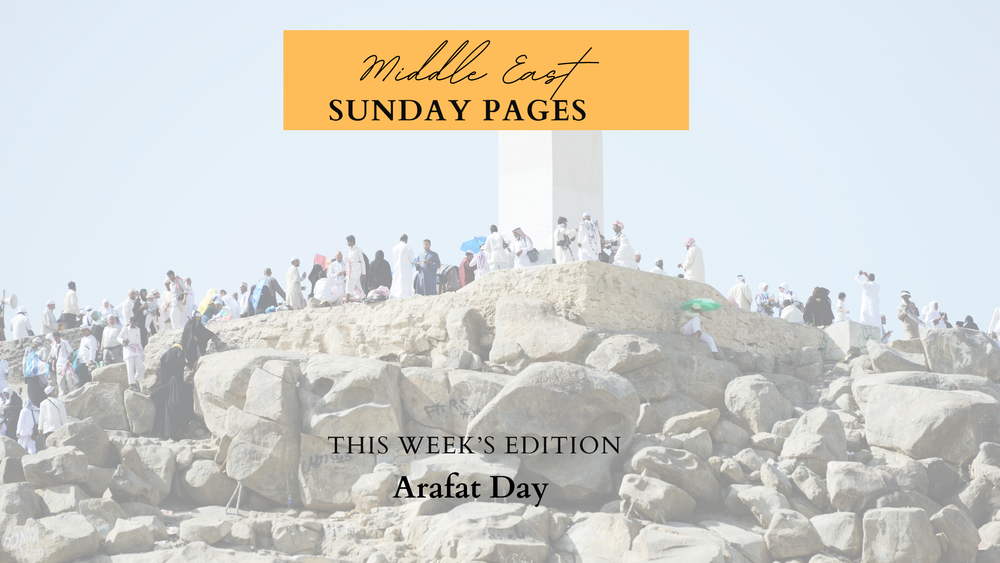
Arafat Day
Each year, millions of Muslims from around the world gather on the plains of Mount Arafat in Saudi Arabia to observe one of the most sacred and significant rituals in Islam – Arafat Day. This momentous occasion, which falls on the 9th day of the Islamic month of Dhul-Hijjah, marks the climax of the annual Hajj pilgrimage and holds profound spiritual and historical significance for Muslims worldwide. In this post we dive into the details of what this means and why this is such an important date.
Be mindful if you have any clients, colleagues or business associates as their schedule may change in line with the dates. To never miss a date you can get our Planner here.
Origins of Arafat Day
Arafat Day’s roots can be traced back to the time of Prophet Muhammad, who delivered his final sermon from Mount Arafat during his farewell pilgrimage in 632 CE. This historic event, known as the Farewell Sermon, laid the foundations for the rituals and practices observed during the Hajj pilgrimage. According to Islamic tradition, it was on Mount Arafat that Prophet Muhammad received the final revelations of the Quran, completing the sacred scripture and establishing the timeless principles of equality, justice, and unity that continue to guide Muslims today.
The Spiritual Significance of Arafat Day
Arafat Day is considered the most crucial day of the Hajj pilgrimage, as it is believed that on this day, Allah (God) forgives the sins of those who sincerely seek repentance and atonement. The Prophet Muhammad is reported to have said, “There is no day on which Allah frees more servants from the Fire than the Day of Arafat.” This belief has led to the widespread understanding that Arafat Day is the day of forgiveness and mercy, offering Muslims a unique opportunity to have their sins absolved and start anew.
The Rituals of Arafat Day
On Arafat Day, pilgrims congregate on the vast plains of Mount Arafat, situated about 20 kilometers east of Mecca. From sunrise until sunset, they engage in sincere supplication, repentance, and remembrance of Allah. Dressed in simple white garments (ihram), symbolizing purity and equality before God, pilgrims stand in humble devotion, raising their hands in prayer and reciting verses from the Quran.
One of the most poignant moments of Arafat Day is the delivery of the Khutbah (sermon) by the Imam or religious scholar. This sermon often focuses on the principles of Islam, the importance of unity and brotherhood, and the need for compassion and kindness towards all humanity. It serves as a reminder of the universal values that transcend cultural and geographical boundaries, uniting Muslims from diverse backgrounds in their shared faith and commitment to spiritual growth.
The Significance of Mount Arafat
While Arafat Day is primarily observed by pilgrims performing the Hajj in Saudi Arabia, its significance extends far beyond the boundaries of the holy sites. Muslims around the world, whether able to participate in the Hajj or not, commemorate this day through fasting, prayers, and acts of charity and kindness. Arafat Day serves as a reminder of the universal principles of Islam, encouraging believers to reflect on their spiritual journey, seek forgiveness, and renew their commitment to living a life guided by faith, compassion, and righteousness.
In many Muslim communities, Arafat Day is marked by special congregational prayers, sermons, and gatherings where Muslims come together to strengthen their bonds of brotherhood and solidarity. These gatherings often feature reminders of the importance of seeking forgiveness, practicing humility, and striving for personal and spiritual growth.
The day holds immense significance as it directly precedes and links to the major Islamic festival of Eid Al-Adha, also known as the Festival of Sacrifice. The day after Arafat, Muslims around the world celebrate Eid Al-Adha, which commemorates the willingness of the Prophet Ibrahim (Abraham) to sacrifice his son as an act of obedience to God’s command.
The rituals performed by pilgrims in Mina, including the symbolic stoning of pillars which represents rejecting temptation from Satan, are a reenactment of Prophet Ibrahim’s trial. For those performing Hajj, Arafat Day and the subsequent days ofEid Al-Adha are inextricably linked, as the pilgrims’ spiritual journey reaches its zenith through the acts of sacrifice, symbolising their commitment to God and their willingness to submit to his will, just as Prophet Ibrahim did. This profound connection between Arafat Day andEid Al-Adha reinforces the essence of faith, obedience, and spiritual purification that lies at the heart of the Islamic faith.
Beyond the spiritual realm, Arafat Day also carries a powerful message of unity and social responsibility. It encourages Muslims to transcend cultural, ethnic, and national differences, embracing the notion that all are equal before God. This spirit of unity and togetherness is reflected in acts of charity, social service, and outreach efforts undertaken by Muslim communities worldwide.
Got a Plan?
It is important to honour these dates if you have Muslim clients, friends or colleagues – if you never want to miss any important dates, you can get the 2025 Star-CaT Planner. It includes digital Greeting Cards ready to send to your clients, vendors and friends.
As Muslims around the world commemorate this sacred day, they are reminded of the profound teachings of their faith and the importance of seeking forgiveness, not only from the Divine but also from one another. Arafat Day symbolises the collective human journey towards spiritual enlightenment, encouraging believers to embrace humility, forgiveness, and a commitment to building a more just, compassionate, and harmonious world.

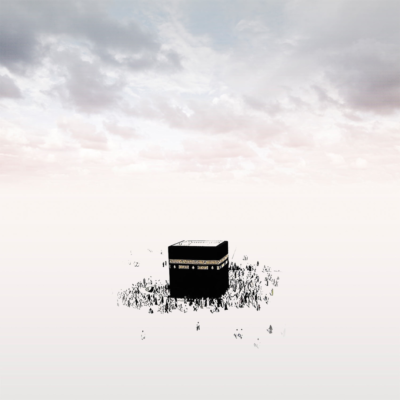
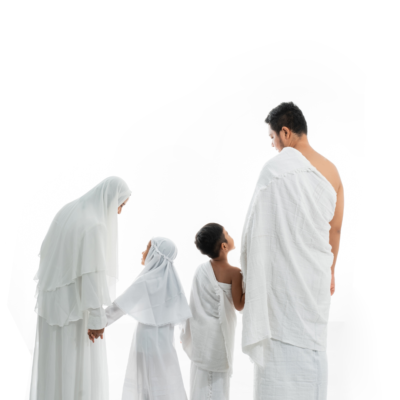
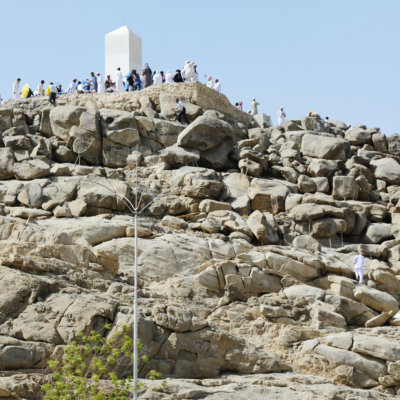
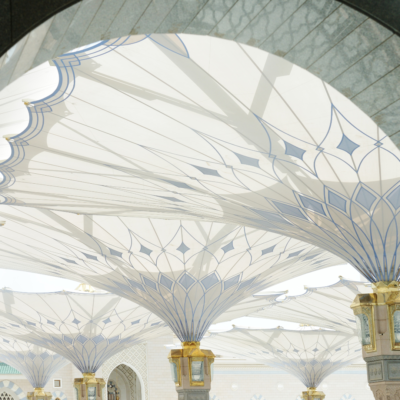


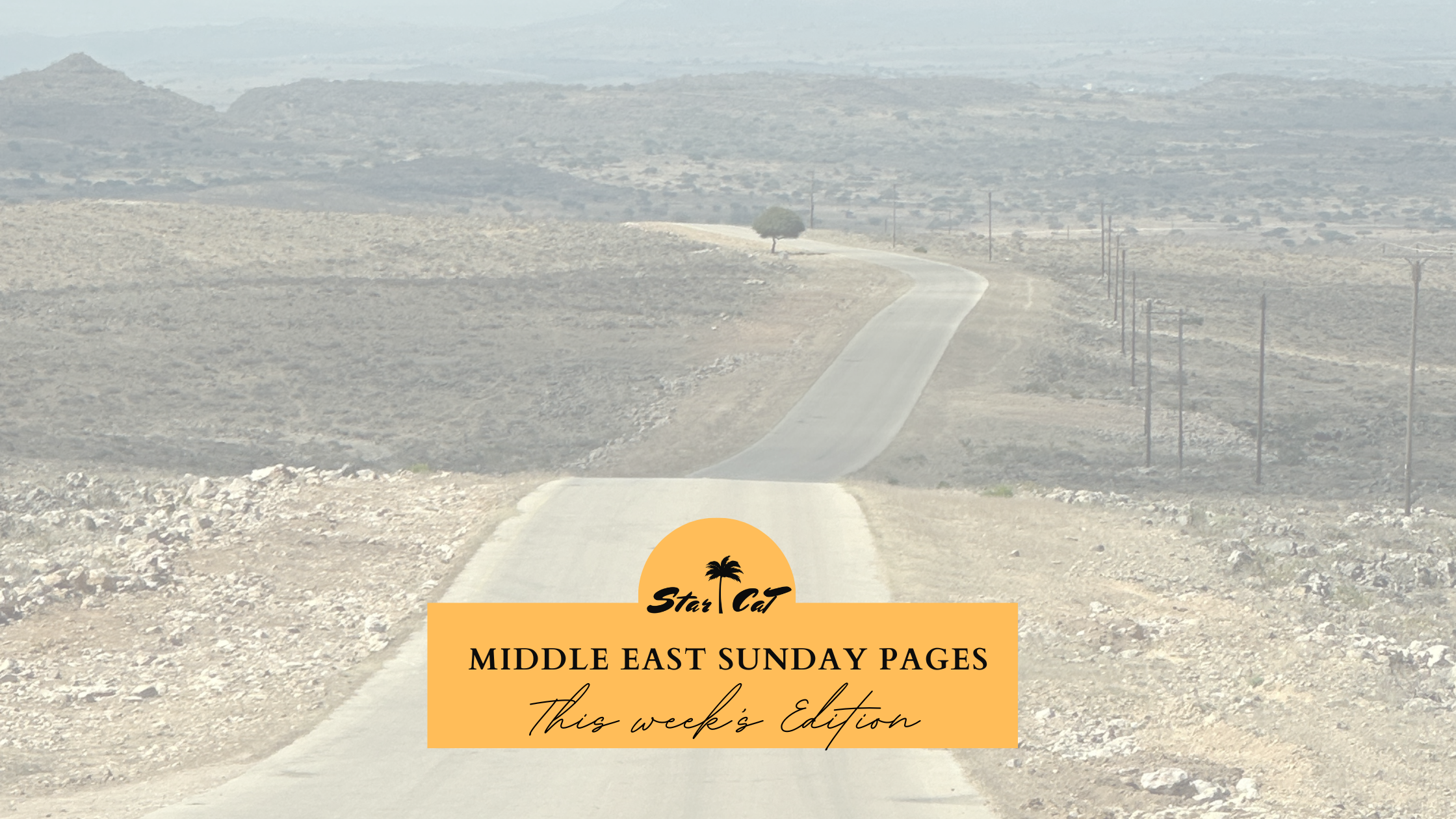
This Post Has 0 Comments